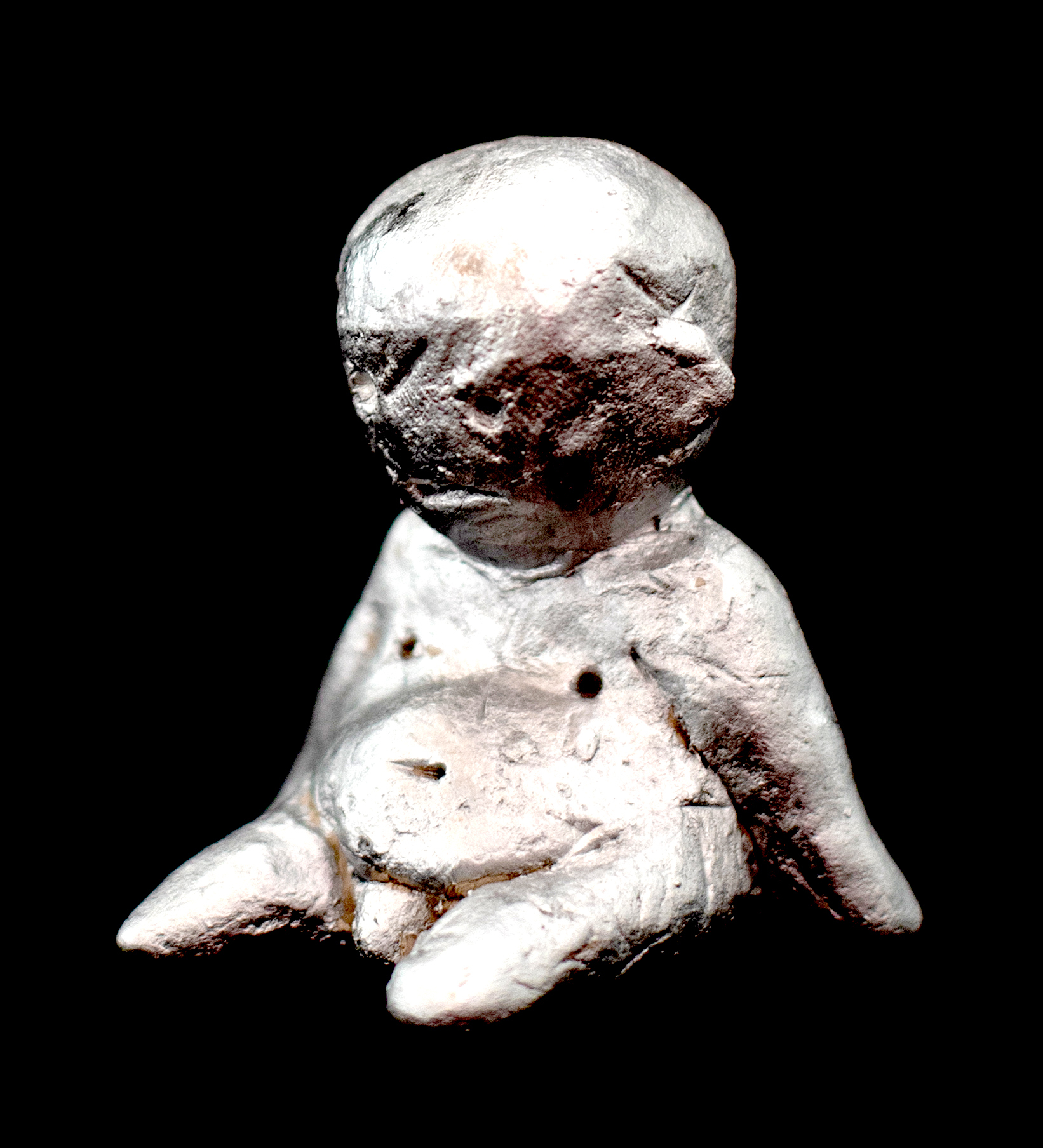Resentment
23022025
Perhaps resentment, as a feeling, is experienced similarly in both Russian and English. When we say "ressentiment" in English and "обида" (obida) in Russian, it seems like we mean the same thing. We understand each other, sensing that we are talking about the same emotion.
However, if you look deeper, the semantics of these words differ significantly. "Ressentiment" is more about a feeling that is repeatedly experienced internally, while "обида" (obida) is about the sense of an unjustly inflicted harm.
The feeling may be the same, but in English, the focus is on the experience itself—where the feeling is, inside. In Russian, however, the focus shifts to the injustice and the fact that the resentment comes from the outside.
And this difference reveals a profound gap in how the origin of this feeling is perceived.
However, these reflections don’t really lead anywhere. I can't draw a concrete conclusion. Perhaps, at most, I could say that in Russian, resentment is perceived more childishly.
That’s the story.
By the way, lately, I've been recording texts as audio first and then transcribing them. I then edit the transcribed text more thoroughly.
For example, this is how I completed the last chapters of Alevtina and Tamara. The cycle of tales about the journey to the Spinner was also created this way. All the final tales from the Amber (Ember) chapter were written using the same approach.
I am currently using this method while working on The Fish. And the first chapters of Violence are also being recorded as audio.
In general, right now, I’m circling around the core idea—gathering information, describing the world. And only after two and a half months of working on the piece, I am finally starting to get closer to the actual text.
Interestingly, the work on the text itself and the resulting text do not provide a sense of completeness.
However, when a series of sketches is drawn, it somehow feels like truly completed work.
A paradox, indeed.
Yes, and I still continue to edit reels.
However, if you look deeper, the semantics of these words differ significantly. "Ressentiment" is more about a feeling that is repeatedly experienced internally, while "обида" (obida) is about the sense of an unjustly inflicted harm.
The feeling may be the same, but in English, the focus is on the experience itself—where the feeling is, inside. In Russian, however, the focus shifts to the injustice and the fact that the resentment comes from the outside.
And this difference reveals a profound gap in how the origin of this feeling is perceived.
However, these reflections don’t really lead anywhere. I can't draw a concrete conclusion. Perhaps, at most, I could say that in Russian, resentment is perceived more childishly.
That’s the story.
By the way, lately, I've been recording texts as audio first and then transcribing them. I then edit the transcribed text more thoroughly.
For example, this is how I completed the last chapters of Alevtina and Tamara. The cycle of tales about the journey to the Spinner was also created this way. All the final tales from the Amber (Ember) chapter were written using the same approach.
I am currently using this method while working on The Fish. And the first chapters of Violence are also being recorded as audio.
In general, right now, I’m circling around the core idea—gathering information, describing the world. And only after two and a half months of working on the piece, I am finally starting to get closer to the actual text.
Interestingly, the work on the text itself and the resulting text do not provide a sense of completeness.
However, when a series of sketches is drawn, it somehow feels like truly completed work.
A paradox, indeed.
Yes, and I still continue to edit reels.

